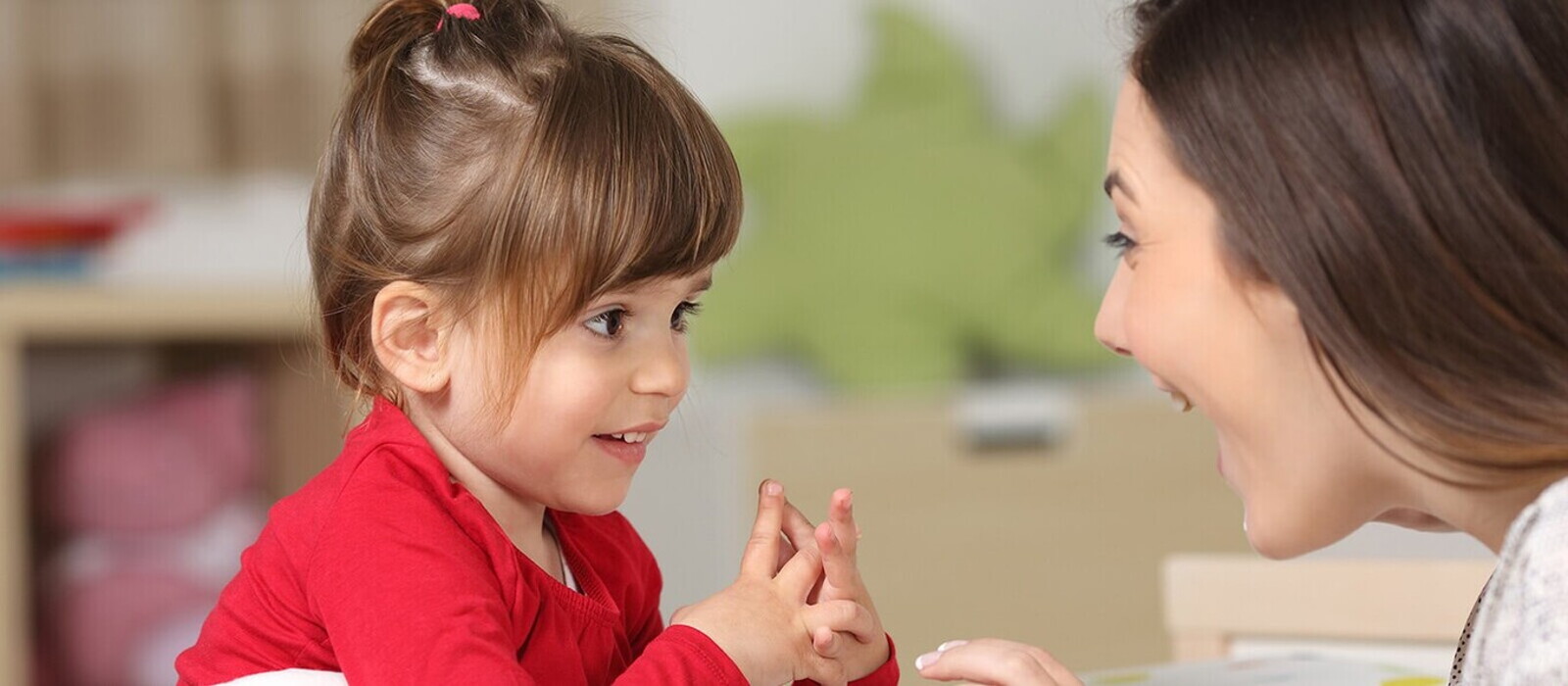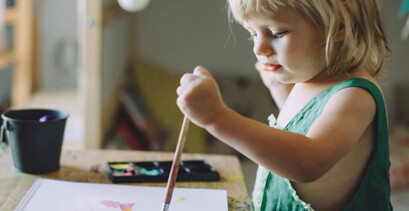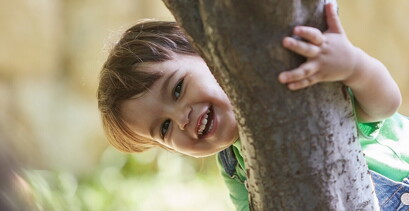Teaching Your Preschooler About Emotions
Preschoolers go through many many emotions every day, and you can help them interpret their feeling and support them in dealing with them.
Preschoolers go through many many emotions every day, and you can help them interpret their feeling and support them in dealing with them. By helping your child communicate his feelings better, you give him the social and emotional tools to deal with tense situations and to understand themselves better.
Start by teaching them the right words for their feelings and emotions. Don’t complicate things: stick with angry, happy, scared, sad, but use some descriptive ones too, such as hungry, frustrated, excited, and so on. Having a name for what they’re feeling helps them communicate it. (TIP: Create a mood chart, with little simple drawings, and the name of the emotion under it. This will teach your child to identify how he’s feeling, simply by pointing at a picture.)
Next, try to introduce the emotions he’s learning into story time or activity time. This entails you pointing out some emotions that the characters in the story are going through, or pointing out how your child is reacting to certain parts of the story.
Leave the guilt and the shame out of it. Let him express himself however he feels comfortable, without having to worry about being judged by you for feeling a certain way. Encourage him to express his feelings appropriately rather than keep them to himself or letting them out in harmful ways.
Share your own feelings with him, using calm and descriptive language. He will learn about emotions by experiencing them, but also by seeing how you react to things.
Reference:
http://www.livestrong.com/article/169456-how-to-teach-preschool-children-about-emotions-feelings/
Share

The Magnificence of a Developing Child
A famous Italian psychologist, Professor Loris Malaguzzi wrote: “It’s necessary that we believe that the child is very intelligent and competent, that the child is strong and beautiful and has very ambitious desires and requests. This is the image of the child that we need to hold.” (Loris Malaguzzi, Reggio Emilia 1993)




